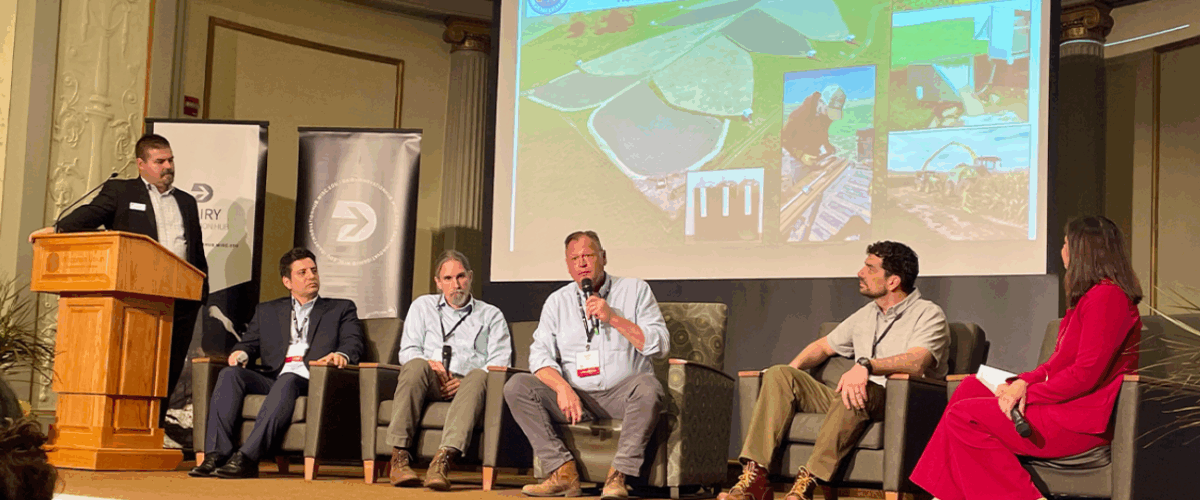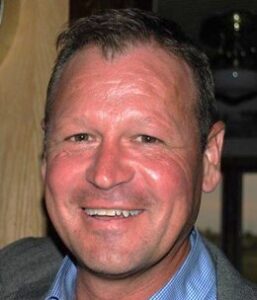
In the Spotlight: Meet Dennis Busch, senior researcher at UW-Platteville
June 30, 2025
DSWR is tapping into the talents of the best and brightest researchers in the U.S. They’re doing work through eight institutions in major dairy-producing regions, from California to Vermont. One of these all-important project partners is Dennis Busch, senior scientist at the University of Wisconsin-Platteville’s Pioneer Farm.
Tell us a little bit about you.

I grew up on a small dairy farm in Cuba City, Wisconsin. After high school, I graduated with a degree in agricultural business at the University of Wisconsin-Platteville.
After graduation, I worked for a dairy export farm where I assisted with acquiring, testing and preparing Holstein dairy heifers and cows for export. About one-third of sales were within the U.S. and the remainder in Mexico.
I also have worked for the University of Minnesota Extension Service as a manure management educator. In this role, I assisted farmers with the development of manure management plans and conducted statewide outreach on manure management-related topics. I then graduated with a Ph.D. in water resources sciences from the University of Minnesota Twin Cities.
I married Amy Peterson in 2003, and together we have three children, Sydney, Anthony and Alex.
What is your role in Dairy Soil & Water Regeneration?
I determine if there are differences in water quality outcomes from implementation of soil health management systems when compared to conventional farming practices commonly observed in our region. I am basing my evaluation on measured water quality and quantity parameters in edge-of-field surface-water runoff as well as leachate (water flowing through the rooting zone and collected at a depth of 1 meter) collected in soil lysimeters, tools used to measure the movement and retention of water in soil.
What is the focus of your team’s DSWR research?
In addition to evaluating water quality, our team is monitoring soil health, soil moisture and greenhouse gas emissions.
What have you learned so far?
There is no such thing as a typical year (spring 2023 was very dry, spring 2024 was very wet) and our management practices must be dynamic and adjustable to weather conditions.
Early indications are that the soil health management systems are decreasing runoff volume, erosion rates and nutrient loss without a significant decrease in yield — a win-win. However, fields with soil health management systems are exhibiting greater volumes of water leaching through the soil profile. This may create an increased risk to groundwater quality.
What excites you about your work on the project?
Broad, well-coordinated collaboration across spatial scales (Texas, Vermont, Wisconsin, etc.) means that we can compare data sets and results across the country’s dairy production areas and provide a better evaluation of the soil health management systems. Also, the long timeframe of the project allows for the capture of data under different weather conditions.